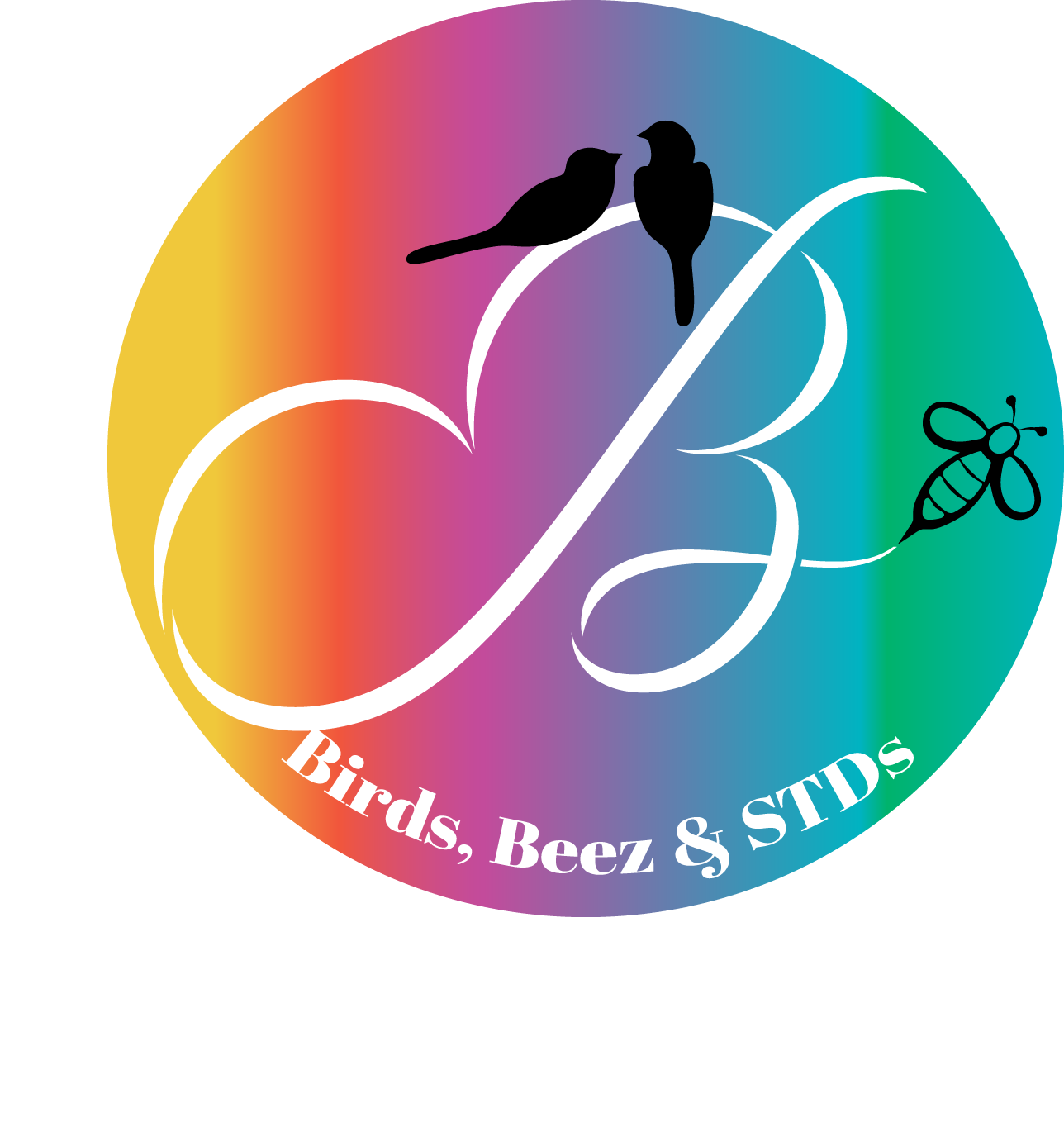Now that monkeypox cases have declined I can finally take a deep breath. Seeing monkeypox was a first for me and a lot of other providers as well. When cases started to rise in the area, we had little information to offer, no treatment and no access to vaccine initially. At the local health department during the summer and fall of 2022 we were seeing several cases a month. The purpose of the blog is to educate the public on monkeypox and sexual transmission.
Monkeypox is a viral disease that has gained attention in recent years due to outbreaks and its potential impact on public health. While it affects both men and women, certain populations, such as men who have sex with men (MSM), may face unique challenges when it comes to prevention, transmission, and management of the disease. In this blog, we will explore the basics of monkeypox, its implications for MSM, and strategies for prevention and treatment.
Understanding Monkeypox
Monkeypox is caused by the monkeypox virus, a member of the Orthopoxvirus genus, which also includes the variola virus, responsible for smallpox. The disease was first identified in 1958 when outbreaks occurred in monkeys used for research. Since then, cases of human infection have been reported primarily in central and West African countries, with sporadic outbreaks in other regions as well.
Transmission
Monkeypox is primarily transmitted to humans through direct contact with infected animals or animal products, such as monkey meat or skins. However, human-to-human transmission can occur through respiratory droplets, bodily fluids, or skin lesions of infected individuals. In the context of MSM, the risk of transmission is like that of the general population, primarily through close contact with an infected partner.
Implications for MSM
While monkeypox affects both men and women equally, MSM may face specific challenges due to the nature of the disease and social factors. Key implications for MSM include:
- Increased Transmission Risk: MSM, like other sexually active populations, may engage in activities that involve skin-to-skin contact, which can facilitate transmission of the virus. This highlights the importance of safe sexual practices, including condom use and regular hand hygiene.
- Delayed Diagnosis: Due to the rarity of monkeypox and the similarity of its initial symptoms to other diseases, diagnosis can be challenging. MSM may face additional barriers to timely diagnosis, such as hesitancy to disclose sexual behaviors, potential stigma, or fear of discrimination. Healthcare providers should maintain a non-judgmental and inclusive approach to encourage individuals to seek appropriate medical care.
Prevention and Treatment
Preventing monkeypox among MSM requires a multi-faceted approach, including:
- Education and Awareness: Raising awareness about monkeypox, its transmission routes, and prevention methods is crucial. Public health agencies, healthcare providers, and community-based organizations can play a pivotal role in providing accurate information and dispelling myths.
- Safe Sexual Practices: Encouraging MSM to practice safe sex by consistently using condoms, reducing the number of sexual partners, and engaging in regular testing for sexually transmitted infections (STIs) can help mitigate the risk of transmission.
- Vaccination: Currently, there is no specific antiviral treatment for monkeypox. However, vaccination against smallpox, a related virus, can provide partial protection. MSM, like other individuals, should consider the smallpox vaccine if they reside in or travel to areas where monkeypox is endemic or during outbreaks. Call you local health department to inquire about monkeypox vaccine.
- Supportive Care: The management of monkeypox mainly focuses on providing supportive care to relieve symptoms and prevent complications. Healthcare providers should be aware of the specific challenges faced by MSM in seeking care and strive to create a safe and welcoming environment.
Monkeypox presents unique challenges for MSM, mainly related to transmission risks, delayed diagnosis, and potential social implications. By promoting education, awareness, safe sexual practices, and vaccination, we can help prevent the spread of monkeypox within the MSM community and ensure timely diagnosis and appropriate care. Collaboration between public health agencies, healthcare providers, and community organizations is essential to address the specific needs of MSM and protect the health. If you think you have monkeypox call your local health department for testing and possible treatment with tecovirimat (TPOXX).

